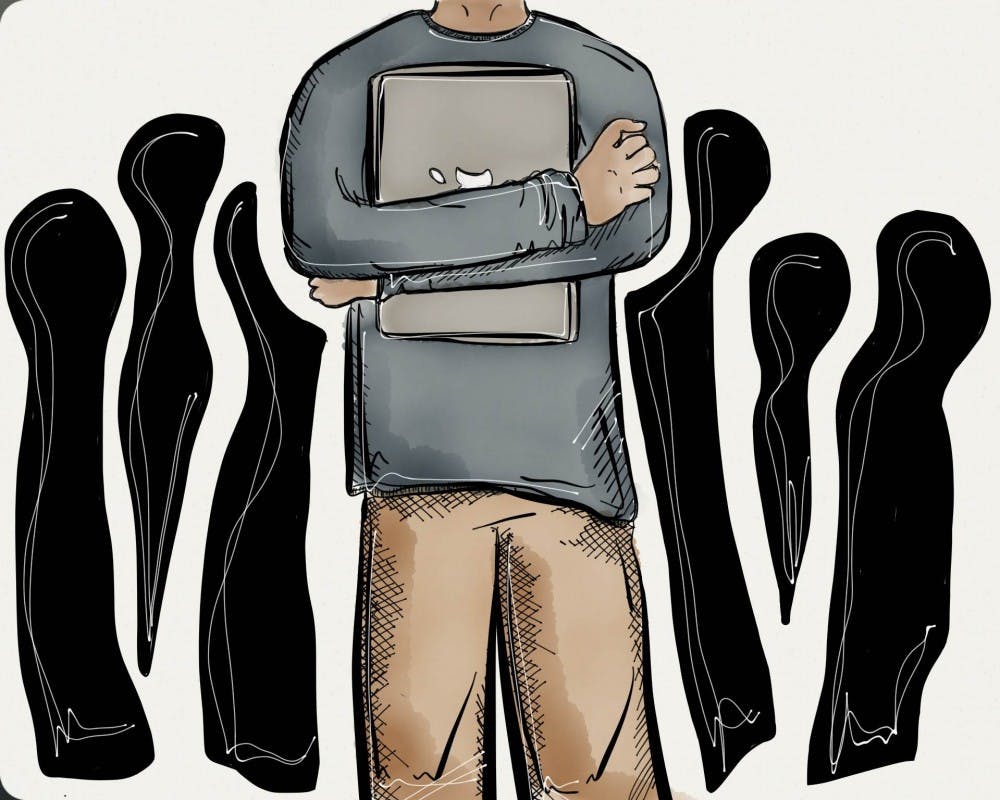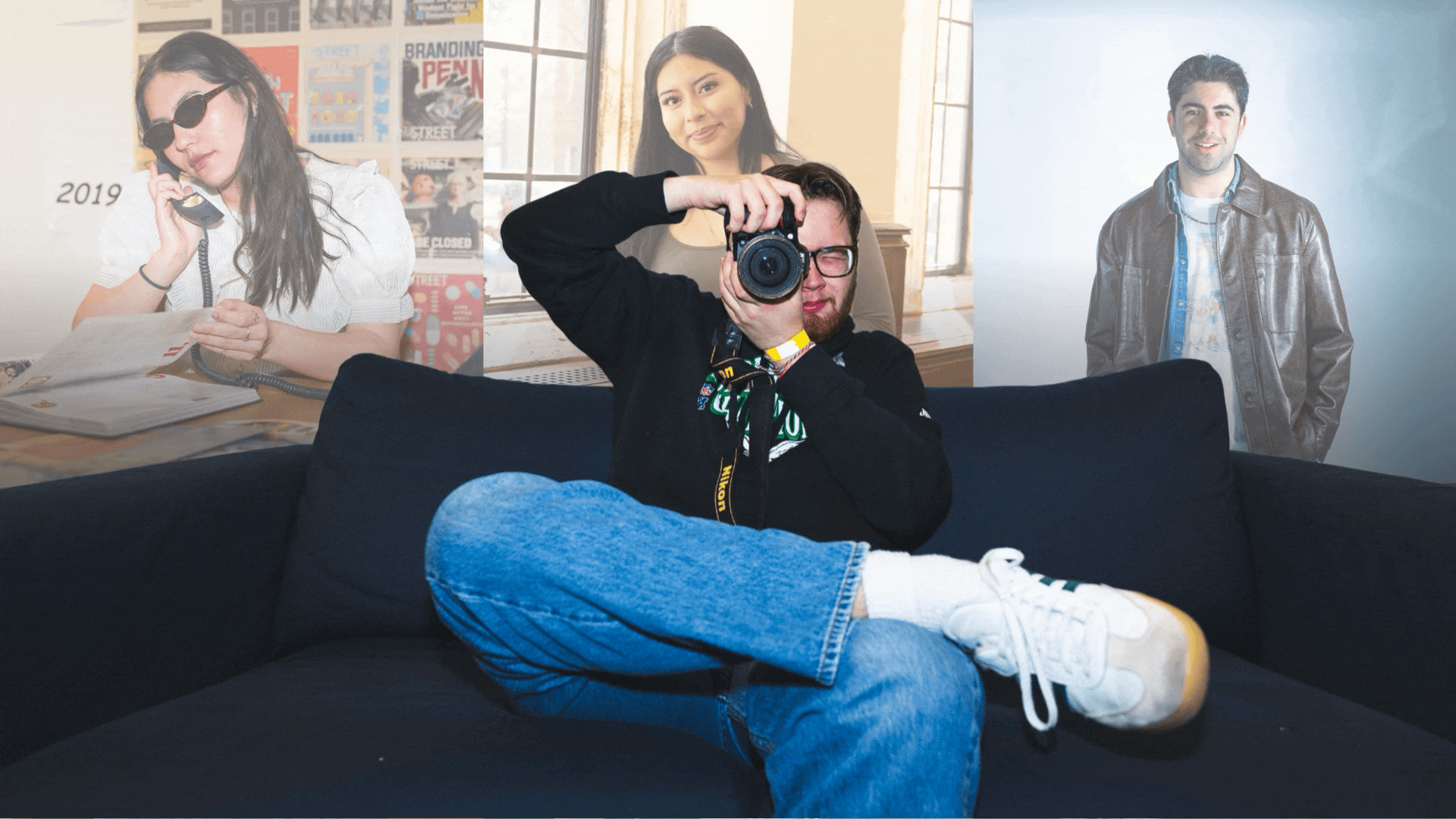Illustration by Amy Chen
Five weeks ago, my computer crashed. And I cried.
Take that in for a second. Some well–engineered pieces of metal couldn’t properly transmit the necessary electronic signals, and I cried.
I cry when I’m really stressed or when the dads in movies die or when Mandy Moore’s character in A Walk to Remember dies (because even though she told Landon not to fall in love with her, goddamnit, he did). But these are all moments of genuine human emotion: weakness, compassion, loss. When my computer died, I cried because I was afraid my sticky notes couldn’t be recovered. (If this is also a concern of yours, never fear! The guys at the Genius Bar know exactly where to locate them in your hard drive.)
Then, I realized I was crying about a fucking computer. I was upset because I thought I lost my resumes and cover letters, Canvas readings and class notes, iPhotos and iTunes music, random GIFs. All of these things, when I could no longer access them, seemed so consequential.
Every single aspect of my life connects, in some way, to my hard drive. Which, until the moment I almost lost it, I felt I was too busy to back–up.
I’m the first to admit I’m technologically dependent. And I hate it. I hate that when I have time to kill, I resort to mindlessly scrolling through Buzzfeed listicles filled with Tina Fey quotes or pictures of pretty men, or my Facebook newsfeed, or pictures of clothes I cannot fit into, instead of reading one of the numerous books I insist on keeping in my room.
I check Instagram when I wake up and in between classes and whenever I’m bored (often) and right before I go to bed. I keep my class notes on Evernote so they sync across my devices and I can study as I walk to class. I surrender my photos to the great, unknown Cloud. My closest friends know I can only study with them if they are near an outlet because my computer runs out of battery so fast because of how often I use it.
It's not surprising, then, that my laptop is so important. I feel unwhole when my cell phone is not in my hand or pocket. I rarely use my first generation iPad because it’s incompatible with the newest software, but I take it with me whenever I travel. It’s unnecessary. It’s excessive. It’s obnoxious. I know that.
I’m just not sure how to change. I could take more notes by hand, but assignments, readings and course information will still be posted on Canvas. Penn, along with most universities, will continue to integrate more technologically savvy educational plans into the curriculum. I could develop my photos, but lord knows I can’t scrapbook, so they would be relegated to hanging on the walls of my bedroom, rarely commented upon or "liked."
So, how do I move on from this place where I need technology but am afraid of how much I need it?
I think it’s important to be friendly and say “hi” to people on Locust. I try to meet with friends and recount the events of the weekend in person. I prioritize catching up with friends from home via Skype or phone call, not just text. (I recognize all three are forms of technology, but the first two are arguably more personal.) I make a conscious effort to do all these things. And I don’t think doing them more would reduce the amount of technology I use.
Especially at Penn, it’s difficult to disconnect more without risking losing track of our assignments, job applications and extracurricular obligations. That’s why it's all the more necessary to be aware of how much our lives are intertwined with our technology. It’s how we organize our days, remain informed about our world, keep up with our work and find ourselves relating to others. It’s hard to step away from. But that’s why I want to make a more conscious effort to try.
Read How Penn Students Would Feel Living Without Technology







